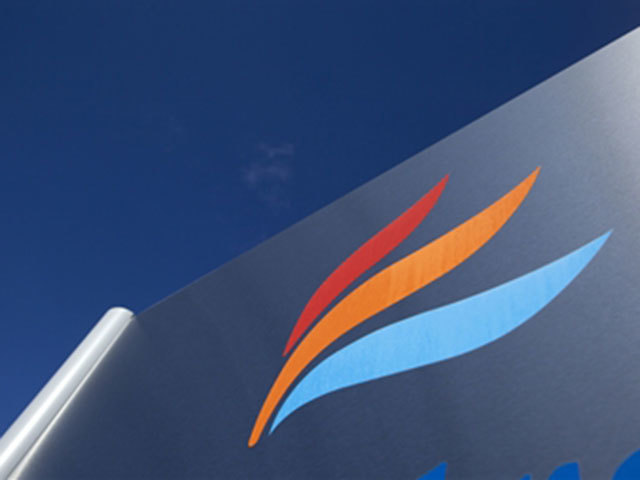
Faroe Petroleum said it has struck a deal with Transocean for the lease of the company’s semi-submersible Arctic drilling rig as well as revealing production has resumed from the Enoch field in the North Sea.
The company said the deal will see the rig used on the Brasse exploration well in the Norwegian North Sea in which it has a 50% stake.
The deal comes as production from the Enoch field recommences following an extended period of shut-in for repair and maintenance.
Faroe said initial production rates had been “encouraging” since resuming.
The Enoch field, which is operated by Talisman Sinopec, has been developed as a single subsea tie-back to the Marathon-operated Brae field.
Meanwhile Faroe said the Transocean rig would be working on behalf of the PL 740 joint venture.
The company has budgeted its net share of the well costs after tax to be less than £2million, with the well expected to be drilled by the summer of 2016.
The Brasse exploration well will test a structure immediately to the south of the producing Brage field and if successful, could be tied-back to Brage, or other nearby installations.
Graham Stewart, chief executive of Faroe Petroleum, said:”We are very pleased to announce the signing of the drilling contract for this exciting Faroe-operated exploration well – one of three exploration wells in Faroe’s drilling programme for 2016 in Norway.
“The Brasse prospect will be drilled using the Transocean Arctic, which is the same rig as we used to make the Pil discovery in 2014.
“Faroe has taken the opportunity to capitalise on the low cost environment to drill a material prospect which offers real potential for an early and low cost tie-back to the Brage field in which Faroe is an owner.
“Despite the challenging industry backdrop, Faroe is robust with a strong cash position and balance sheet, and continues to perform very well, with production in line with our increased guidance.
“We look forward to an exciting three well exploration drilling programme for 2016 in Norway, which is firming up on cost efficient terms, and continue to evaluate the potential to take advantage of further good quality growth opportunities.”
Recommended for you
